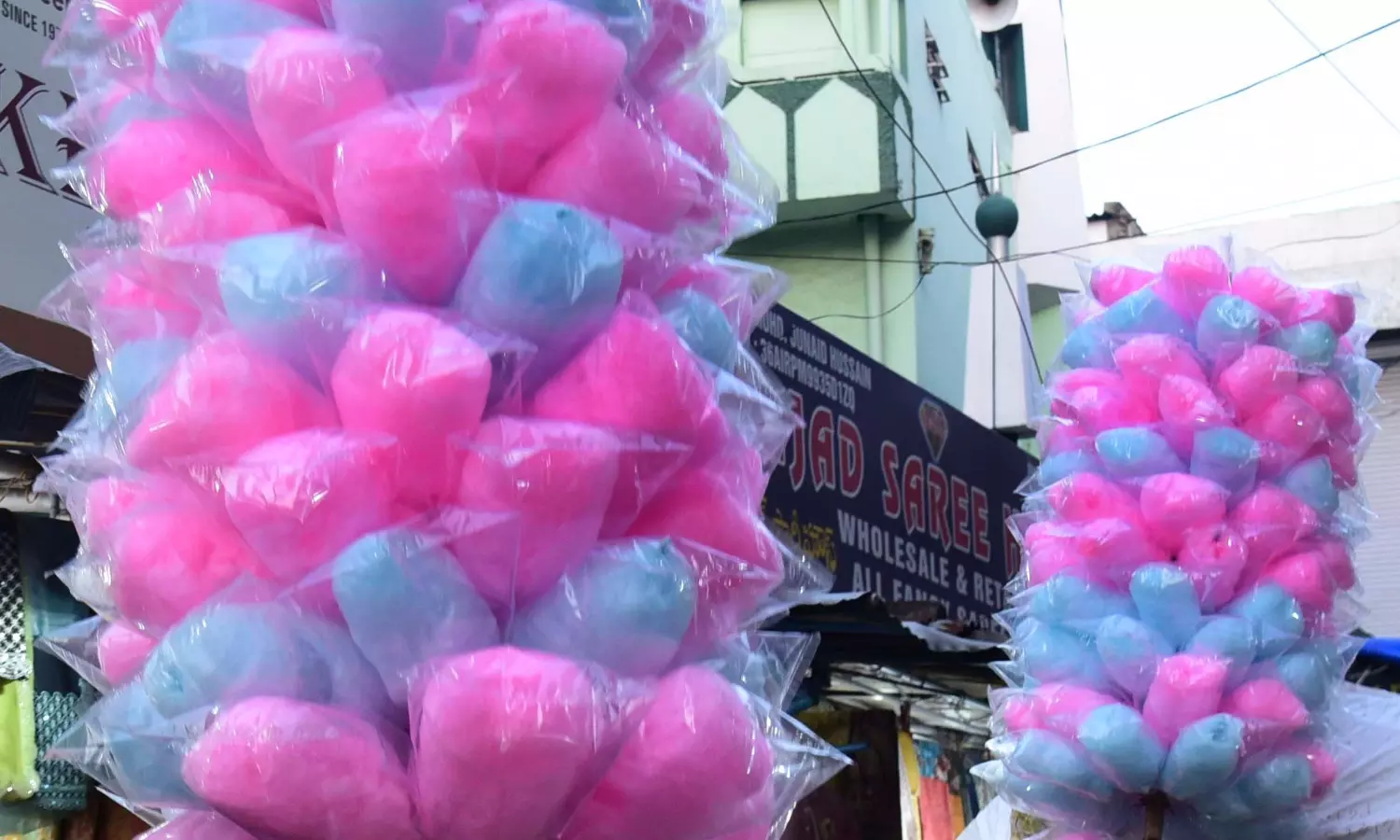Telangana’s Plastic Waste Surpasses 2 Million Tonnes Since 2018

Hyderabad: Telangana has accumulated over two million tonnes of plastic waste since 2018, which is enough to fill 20 lakh dump trucks or build a one-metre thick and five-metre tall wall, stretching up to 2,000 kilometers; long enough to cover the entire state.
Data from the central and state pollution control boards shows a concerning annual growth rate of 29.52 per cent in plastic waste generation in the state, which peaked during the pandemic and has been growing year on year.
The traditional paper cups at tea stalls are not all paper for they are coated with plastic.
“There is a huge demand for single-use plastic; for many, life is inconvenient without it. We are not forcing people to use it, but as market providers, we have to meet the demand,” said a manager from the plastic manufacturing industry in the city, who wished not to be named.
He added, “It’s not just that single-use plastic is cheaper, it’s also tougher and more durable than any other alternatives today.”
Incidentally, plastic can be scientifically recycled and reused as is done by Singapore.
“In Singapore, they use plastic waste to lay roads instead of bitumen tar. They also use plastic to make bricks, which are sturdier than the traditional ones, and generate fuel. The government is consulting a Singapore-based agency for Musi River beautification; why can’t they manage plastic the same way?” wondered Altaf Hussain, who was shocked after learning about the plastic waste in Telangana. He teaches environmental studies to civil services aspirants at a coaching centre in Ashok Nagar.
Meanwhile, a popular supermarket manager said, “We've stopped using plastic bags and switched to jute bags. However, while we follow the rules and avoid giving plastic, most products still come wrapped in plastic from manufacturers, which misses the eyes of those coming for inspections.”
A customer at the store, Parul Ghosh, added, “Most big brands have stopped giving us plastic bags with their branding. If there’s branding, we need not pay, but now we have to. Some are still giving plastic bags, saying they’re 40 micrometers, but I’ve read that even 40-micron bags take decades to dissolve in soil.”
A Hyderabad-based chemical engineer told Deccan Chronicle, “The issue is not just about individual behaviour but also about systemic changes. Even if we’re environmentally conscious, we’re limited by what’s available in the market. The government needs to step in and regulate plastic use more strictly and compel companies to find sustainable packaging options.”
As plastic pollution continues to rise, individuals are making personal changes to reduce their environmental impact. However, the growing plastic waste problem is far beyond what an individual can do alone. Many people are now using cloth bags, refilling containers, and avoiding disposable plastics, but they are still forced to buy items packaged in plastic, especially in supermarkets where even basic products like rice, dal, and flour come wrapped in plastic.
Asiya Khan, a naturalist, highlighted the frustration of trying to avoid plastic.
“You can charge me two rupees for a plastic carry bag. Everything I buy is already packaged in plastic. Unless the government takes serious action to regulate plastic use at the manufacturing level, we’re just being forced to contribute to the problem,” she said.
Alarming problem: The amount of plastic waste disposed of by residents in the state has gone up by over 350 per cent since 2018.
2018-19: Total: 1,83,014.7 tonnes
Daily: 501.41 tonnes
2019-20: Total: 2,33,654.7 tonnes
Growth: 50,640 tonnes (27.67 per cent)
Daily: 640.15 tonnes
2020-21: Total: 4,72,675 tonnes
Growth: 2,39,020.3 tonnes (102.30 per cent)
Daily: 1,295.00 tonnes
2020-21: Total 4,94,940 tonnes
Growth: 22,265 tonnes
Daily: 1,356 tonnes
2022-23: Total: 5,28,520 tonnes
Growth: 55,845 tonnes (11.81 per cent)
Daily: 1,448 tonnes
2023-24 (Till Sept.)
Total: 6,68,315 tonnes
Growth: 1,39,795.0 tonnes (26.45 per cent)
Daily: 1,831.00 tonnes

